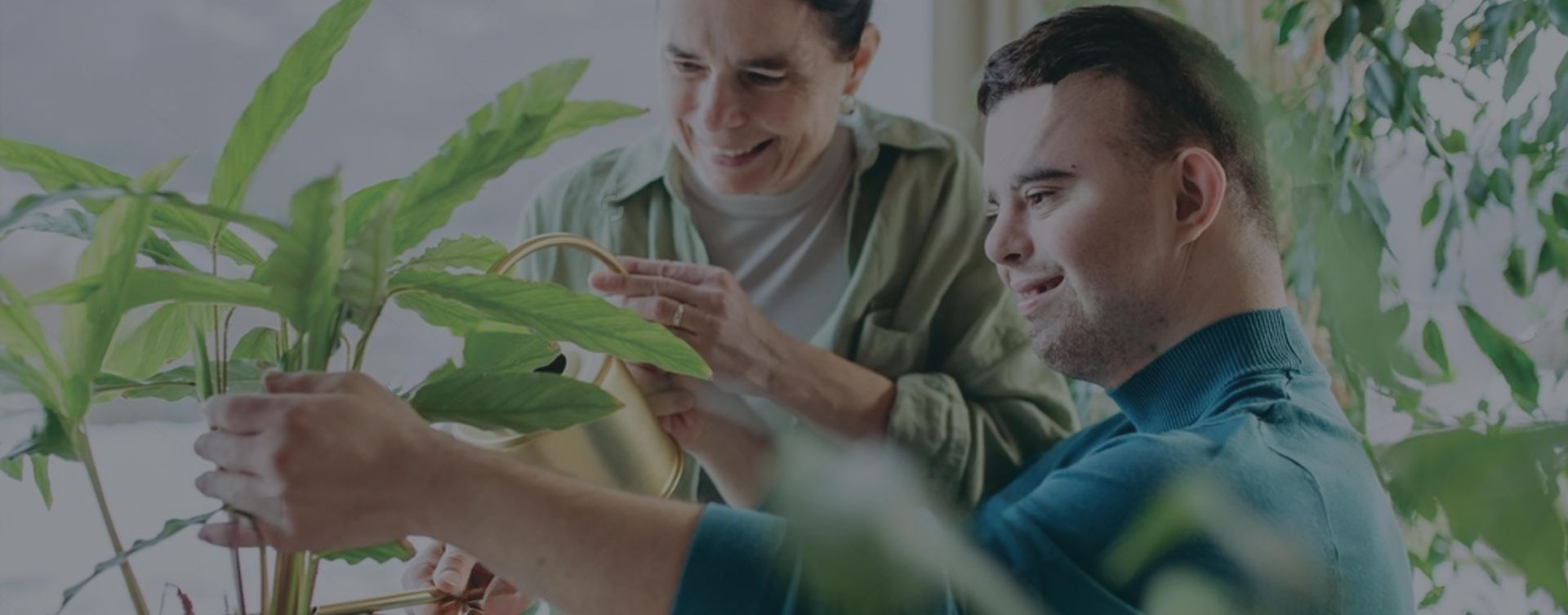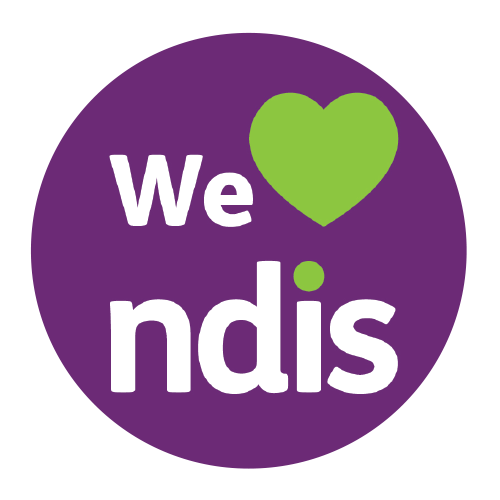Health Staff Australia is Now a Registered NDIS Provider
Here’s What That Means for You:
Health Staff Australia is excited to announce that we are now a fully registered provider under the National Disability Insurance Scheme (NDIS). This certification means we are officially recognised to deliver a range of supports and services that assist individuals with disabilities in leading more independent and fulfilling lives. Whether it’s helping with daily needs, connecting people to their communities, or supporting new skills and interests, our goal is to support every participant in achieving their unique aspirations.
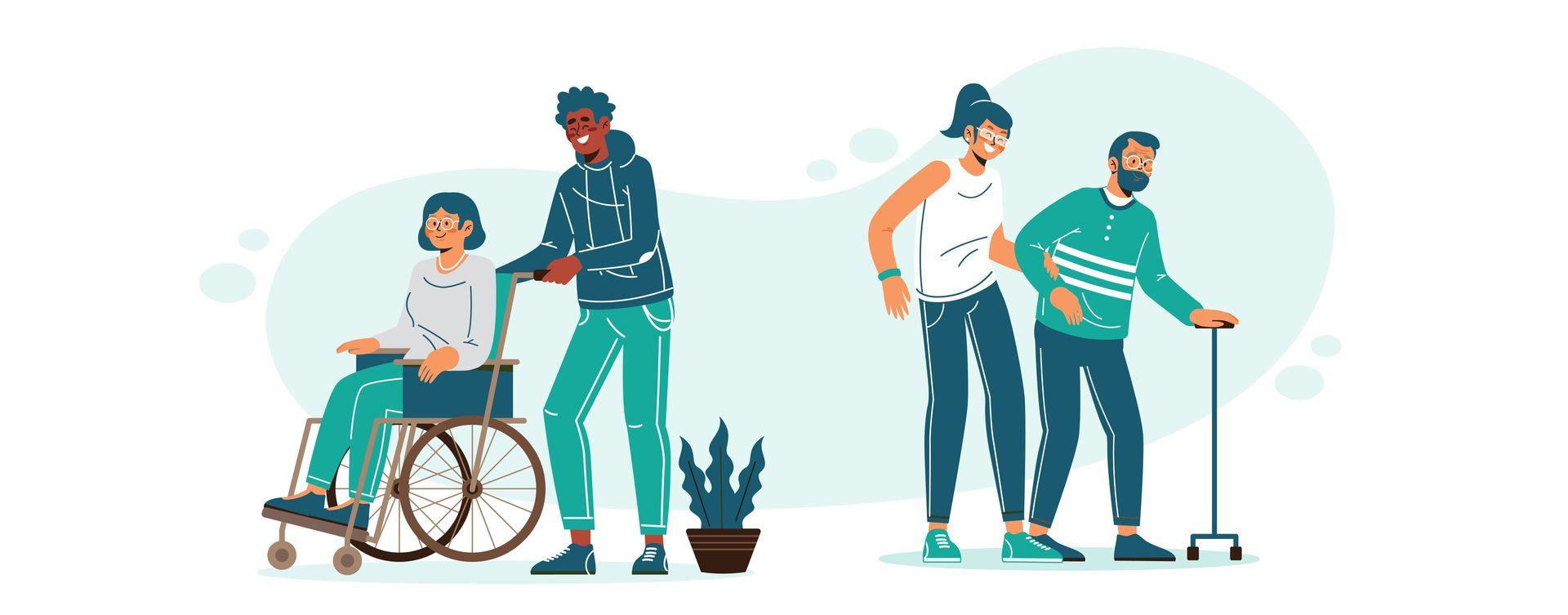
What is the NDIS?
The NDIS, or National Disability Insurance Scheme, is a government initiative that funds essential services for Australians living with disabilities. It supports over half a million individuals by covering the costs of personal care, therapy, community involvement, and more. By providing tailored funding, the NDIS empowers people to make choices about their lives—whether that’s spending more time with family and friends, gaining independence, exploring new skills, working, or volunteering.
In addition to funding, the NDIS connects people to essential resources and services in their communities. From health professionals and schools to local libraries and community groups, the NDIS supports each participant in accessing the services and connections they need for a better quality of life.
How to Qualify as a Registered Provider:
Becoming a NDIS-registered provider is a commitment to delivering quality, trustworthy, and compliant services. Registered providers like Health Staff Australia undergo a comprehensive registration process and are expected to adhere to strict standards and regulations, ensuring high-quality service
and accountability.
We as providers are required to keep detailed records of all claims and services delivered and must comply with pricing arrangements and limits. This helps protect the integrity of the Scheme and ensures participants receive the best support possible.
Are You Eligible for a NDIS Plan?
If you’re considering applying for NDIS support, it’s important to know the eligibility criteria.
Eligibility is based on:
- Age: Applicants must be between the ages of 9 and 65.
- Residency: Only Australian citizens, permanent residents, or certain visa holders who live in Australia can apply.
- Disability Requirements: Applicants must have a permanent impairment that affects their daily life activities, whether physical, intellectual, neurological, or psychosocial.
- Early Intervention: Some supports are available if they are likely to reduce future needs or help family members better support an individual.
For children under the age of nine, early childhood partners are available to help families determine the best course of action and access the right supports. These partners can also guide families in applying for a long-term NDIS plan if needed.
How to Apply for the NDIS Plan
Applying for a NDIS plan is a simple process, and there are multiple ways to do it:
- Call the NDIS at 1800 800 110 to request an Access Request Form.
- Download the form from the NDIS website, complete it, and email it to enquiries@ndis.gov.au.
- Visit your local NDIS office or partner for in-person support with the application.
Throughout this journey, you may work with a Local Area Coordinator (LAC) or an early childhood partner, depending on your age and specific needs. These partners guide participants in setting up their NDIS plans and ensuring they access the right support.
For more information, resources, and accessible formats, visit www.ndis.gov.au
"With Health Staff Australia as your NDIS partner, you can trust that we’ll be here every step of the way, providing consistent, high-quality support that aligns with your goals and well-being."
